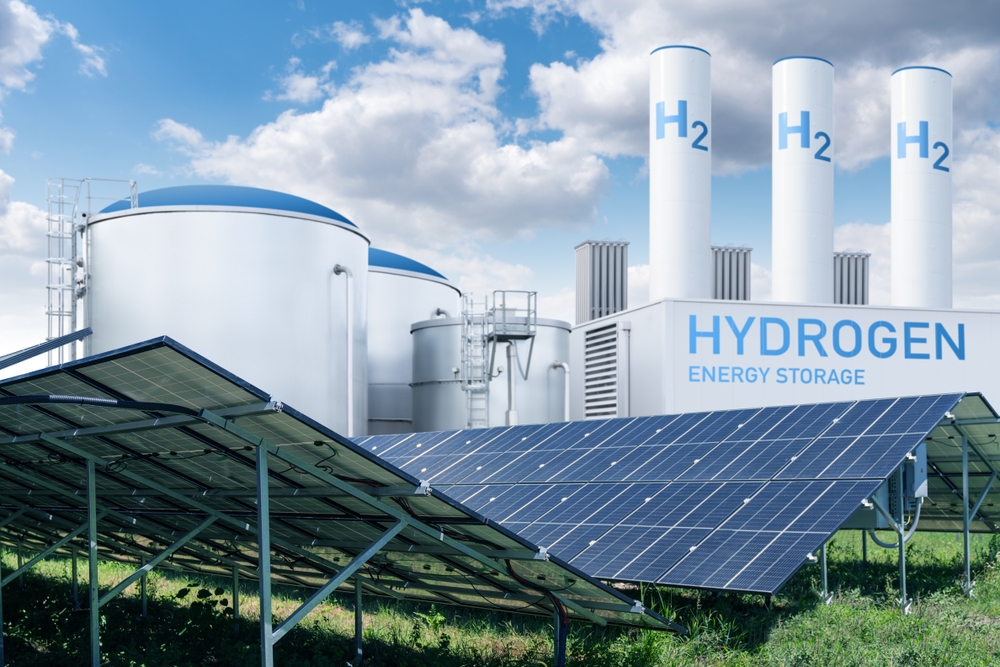Europe's Multi-Million Euro Investment in Renewable Hydrogen Revolution
Key Ideas
- The European Commission has allocated €992m to 15 large-scale renewable hydrogen projects across the EU to produce 2.2 million tonnes of hydrogen and cut 15 million tonnes of CO2 emissions within a decade.
- This investment is part of the EU's strategy to reduce dependence on fossil fuels and decarbonise critical sectors like transportation, chemicals, and steelmaking.
- Renewable hydrogen, produced from sources like solar and wind, is crucial for hard-to-electrify industries and promises to create green jobs, boost innovation, and enhance energy security in Europe.
- Spain, Lithuania, and Austria are also investing €836m through 'Auctions-as-a-Service' to support additional renewable hydrogen projects, indicating a shared commitment to scaling up hydrogen production in the region.
The European Commission has approved a substantial investment of €992 million to fund 15 large-scale renewable hydrogen projects across the European Economic Area. These projects, spanning five EU countries, aim to produce nearly 2.2 million tonnes of renewable hydrogen over the next decade, which would prevent over 15 million tonnes of carbon dioxide emissions. The move aligns with the EU's broader objective of reducing reliance on fossil fuels and decarbonising key sectors like transportation, chemicals, and steelmaking.
Renewable hydrogen is seen as a critical component in Europe's fight against climate change and energy insecurity. It emits no CO2 when used, making it a clean alternative to fossil fuels in industries that are difficult to electrify. Investing in renewable hydrogen not only reduces Europe's dependency on imported oil and gas but also holds the potential to create green jobs, drive innovation, and foster energy self-sufficiency.
The funding was awarded through the European Hydrogen Bank's second auction, aimed at bridging the cost gap between clean hydrogen and fossil-based alternatives. The projects will receive support for ten years, with subsidies encouraging rapid deployment and commercial viability. Additionally, Spain, Lithuania, and Austria are participating in a national funding initiative to support additional renewable hydrogen projects, reflecting a collective effort to expand renewable hydrogen capacity.
Moving forward, the selected projects are required to sign grant agreements by 2025 and commence production within five years. The European Commission plans for a third auction in 2025 and the launch of the Hydrogen Mechanism to connect buyers and sellers. This significant investment reflects the EU's commitment to lead the global renewable hydrogen development efforts and achieve industrial decarbonisation, energy sovereignty, and climate goals.
Topics
Power
Renewable Energy
Energy Security
Innovation
Job Creation
Climate Action
Green Economy
EU Funding
EU Policy
Latest News
